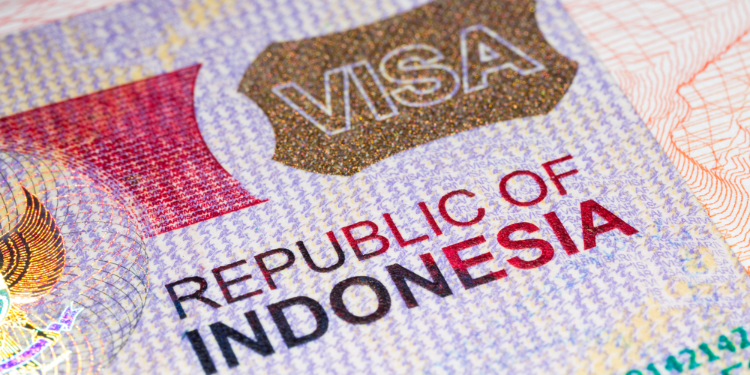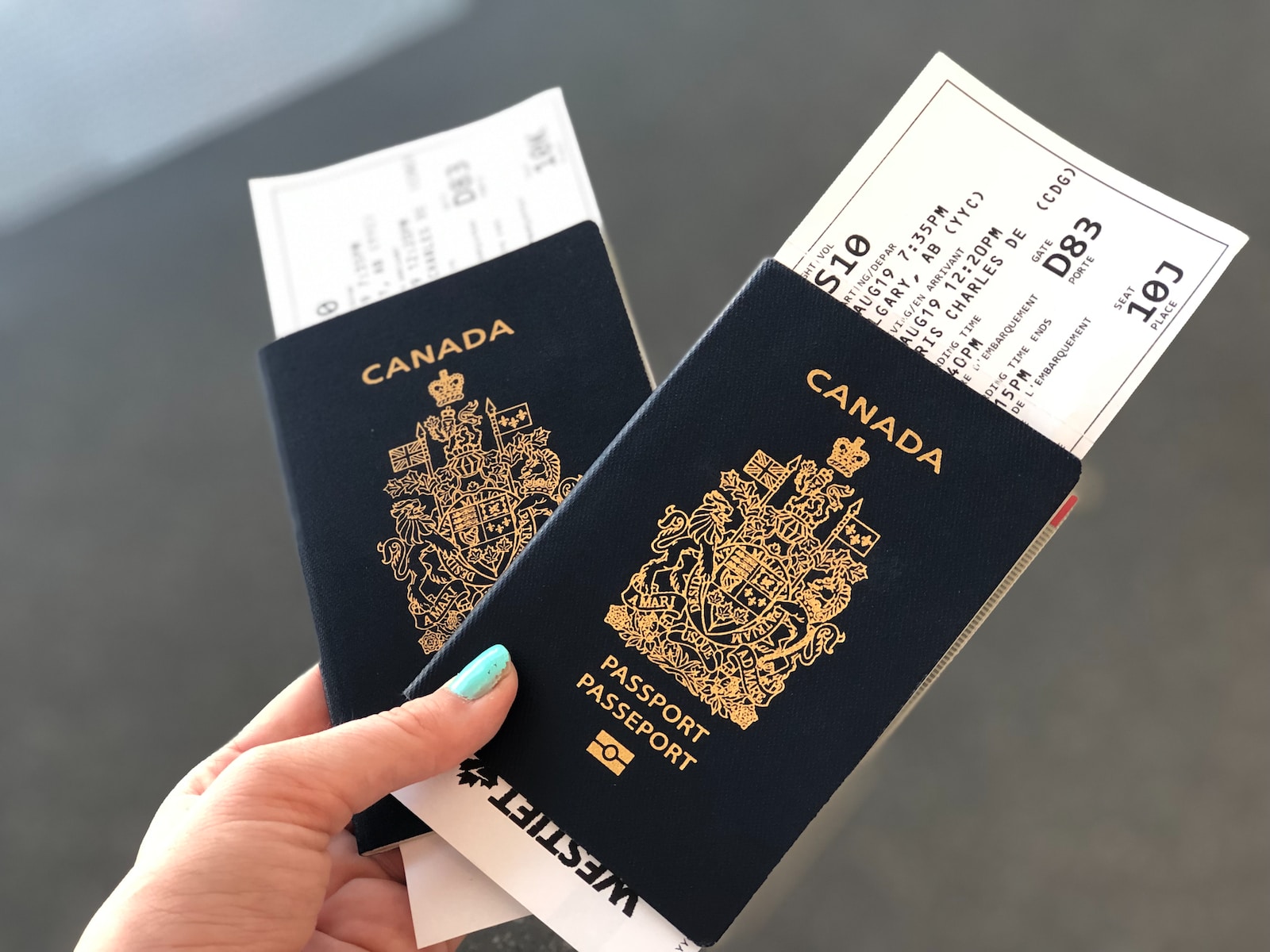Public healthcare in the United States can be a cost-effective option for those who are looking for affordable medical care. In this article, we will discuss the top 10 cheap and affordable public healthcare options available in the USA.
- Medicare: Medicare is a federally funded program that provides health insurance for those who are over the age of 65 or have certain disabilities. It covers many healthcare services, including hospital stays, doctor visits, and prescription drugs.
- Medicaid: Medicaid is a joint federal and state program that provides health coverage to those who have low income or are disabled. It covers a range of services, including doctor visits, hospital stays, and prescription drugs.
- Children’s Health Insurance Program (CHIP): CHIP is a federal and state program that provides low-cost health coverage to children in families who earn too much to qualify for Medicaid but cannot afford private insurance.
- Community Health Centers: Community health centers are non-profit organizations that provide affordable medical care to underserved communities. They offer a range of services, including primary care, dental care, and mental health services.
- Veterans Affairs (VA) Healthcare: VA healthcare is a government-funded program that provides medical care to eligible veterans. It offers a range of services, including primary care, mental health services, and specialty care.
- Indian Health Service (IHS): The IHS is a federal program that provides healthcare to eligible American Indians and Alaska Natives. It offers a range of services, including primary care, dental care, and mental health services.
- Federally Qualified Health Centers (FQHCs): FQHCs are non-profit organizations that provide affordable medical care to underserved communities. They offer a range of services, including primary care, dental care, and mental health services.
- Health Resources and Services Administration (HRSA) Grants: The HRSA offers grants to organizations that provide healthcare to underserved communities. These grants can be used to fund a range of services, including primary care, dental care, and mental health services.
- State Health Insurance Assistance Program (SHIP): SHIP is a federal program that provides free counseling and assistance to Medicare beneficiaries. It offers information on Medicare benefits, costs, and coverage options.
- School-Based Health Centers: School-based health centers provide medical care to children and adolescents who attend school. They offer a range of services, including primary care, dental care, and mental health services.
The Pros and Cons of Using The Above Listed Healthcare Services in The USA
- Medicare: Pros: Medicare provides health insurance coverage for those who are over the age of 65 or have certain disabilities. It covers many healthcare services, including hospital stays, doctor visits, and prescription drugs. Medicare also offers different coverage options to fit individual needs and budgets.
Cons: While Medicare is a popular option for seniors, it may not cover all medical expenses, such as long-term care and dental care. Additionally, some medical providers may not accept Medicare, leading to limited provider options for some individuals.
- Medicaid: Pros: Medicaid provides health coverage to those who have low income or are disabled. It covers a range of services, including doctor visits, hospital stays, and prescription drugs. Medicaid also offers different coverage options to fit individual needs and budgets.
Cons: While Medicaid is a great option for those who qualify, some medical providers may not accept Medicaid, leading to limited provider options for some individuals. Additionally, some states have strict eligibility requirements, which may prevent some individuals from qualifying for Medicaid.
- Children’s Health Insurance Program (CHIP): Pros: CHIP provides low-cost health coverage to children in families who earn too much to qualify for Medicaid but cannot afford private insurance. It covers a range of services, including doctor visits, hospital stays, and prescription drugs.
Cons: While CHIP is a great option for families with children, some states have strict eligibility requirements, which may prevent some families from qualifying for the program. Additionally, some medical providers may not accept CHIP, leading to limited provider options for some families.
- Community Health Centers: Pros: Community health centers provide affordable medical care to underserved communities. They offer a range of services, including primary care, dental care, and mental health services. Community health centers also typically offer a sliding fee scale based on income, making them an affordable option for those who may not have insurance.
Cons: While community health centers are a great option for those who may not have insurance, they may have limited provider options and longer wait times for appointments. Additionally, they may not offer specialty care or certain medical procedures.
- Veterans Affairs (VA) Healthcare: Pros: VA healthcare provides medical care to eligible veterans. It offers a range of services, including primary care, mental health services, and specialty care. VA healthcare also typically has lower out-of-pocket costs compared to private insurance.
Cons: While VA healthcare is a great option for eligible veterans, some medical facilities may have long wait times for appointments. Additionally, veterans may have limited provider options and may need to travel long distances to receive care.
- Indian Health Service (IHS): Pros: IHS provides healthcare to eligible American Indians and Alaska Natives. It offers a range of services, including primary care, dental care, and mental health services. IHS also typically has lower out-of-pocket costs compared to private insurance.
Cons: While IHS is a great option for eligible individuals, it may have limited provider options and longer wait times for appointments. Additionally, some medical procedures may not be covered under IHS, requiring individuals to seek care elsewhere.
- Federally Qualified Health Centers (FQHCs): Pros: FQHCs provide affordable medical care to underserved communities. They offer a range of services, including primary care, dental care, and mental health services. FQHCs also typically offer a sliding fee scale based on income, making them an affordable option for those who may not have insurance.
Cons: While FQHCs are a great option for those who may not have insurance, they may have limited provider options and longer wait times for appointments. Additionally, they may not offer specialty care or certain medical procedures.
- Health Resources and Services Administration (HRSA) Grants: Pros: HRSA offers grants to organizations that provide healthcare to underserved communities.This allows these organizations to provide much-needed medical care and services to people who may not otherwise have access to them. The HRSA grants can be used to improve and expand the delivery of primary care services, mental health services, dental services, and more.
Additionally, HRSA grants are typically awarded to non-profit organizations, community health centers, and other organizations that prioritize patient care and community health over profit. This means that patients can receive care without worrying about high costs or insurance requirements.
Cons: While HRSA grants can provide much-needed funding to underserved communities, the application process can be competitive and time-consuming. Organizations must meet strict eligibility requirements and provide detailed proposals outlining their plans for using the grant funds. This can be a daunting process for some organizations and may discourage them from applying for the grants.
Furthermore, while HRSA grants can help improve healthcare access in underserved areas, they may not be enough to fully address the healthcare needs of the community. The grants are typically awarded for a specific period of time and may not cover all of the necessary costs for ongoing medical care and services. This means that organizations must continue to seek out additional funding sources to sustain their healthcare programs over time.
- State Health Insurance Assistance Program (SHIP): Pros: SHIP is a national program that provides free counseling and assistance to people with Medicare. It offers guidance on topics such as healthcare coverage, benefits, and claims.
Cons: SHIP may not be available in all states or regions, and some states may have limited funding for the program. Additionally, the level of assistance provided may vary depending on the availability of trained staff and resources.
- School-Based Health Centers: Pros: School-based health centers offer a range of healthcare services to children and adolescents, including medical, dental, and mental health services. These services are typically located on school grounds, making them easily accessible to students and their families.
Cons: The availability and quality of school-based health centers can vary by location, and some centers may not offer all necessary medical services or treatments. Additionally, some families may be hesitant to seek care at a school-based health center due to concerns about privacy and confidentiality.
In conclusion, there are many cheap and affordable public healthcare options available in the USA. From Medicare and Medicaid to community health centers and school-based health centers, these programs provide affordable medical care to underserved communities and individuals who may not be able to afford private insurance. By taking advantage of these programs, individuals can access the medical care they need without breaking the bank.











